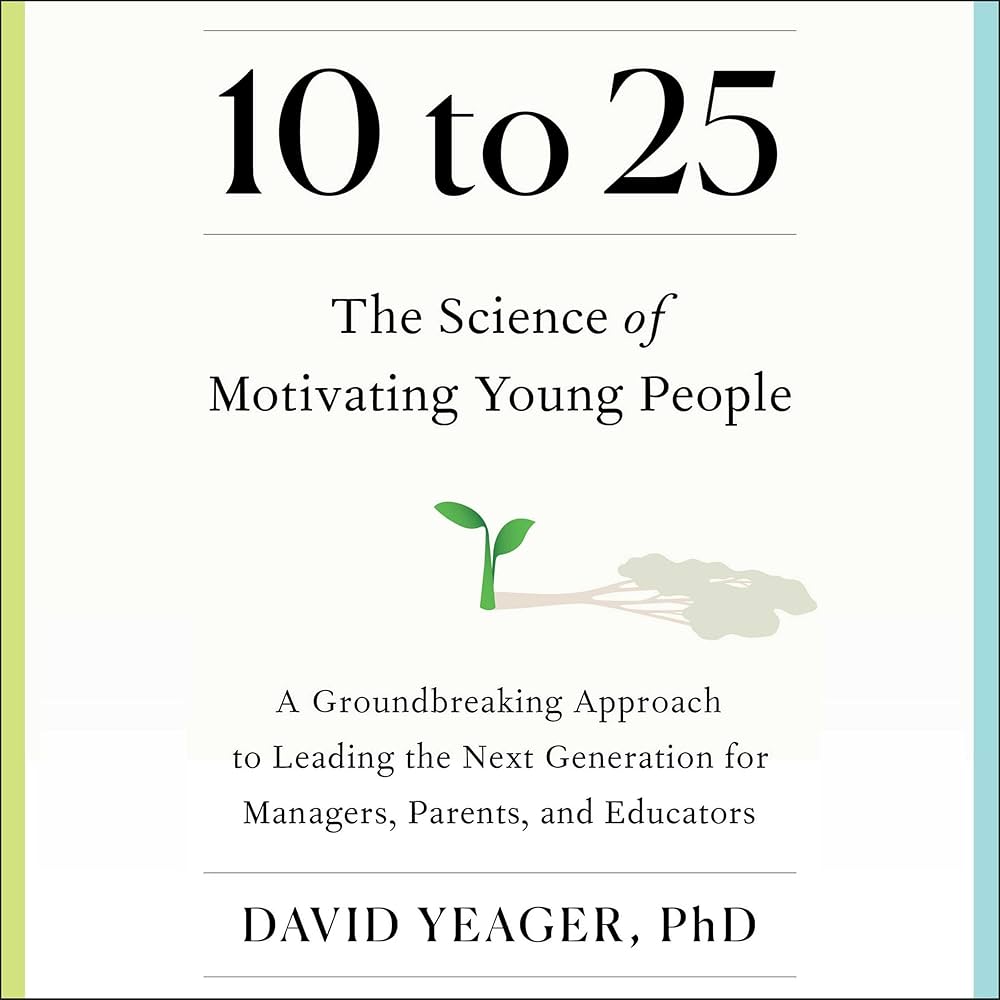
My name is Alex Wonnell, aka Wonz. I work in a middle school in Burlington, VT.
Dr. Kou Murayama, who researches motivation and learning, presented some of the most interesting and relevant research I saw at the November 2016 conference.
As educators, we are constantly trying to motivate students. Do rewards work? When should I provide this carrot? What’s best for long-term learning? Murayama’s research provides much-needed context and science in this domain.
Here is a list of Dr. Murayama’s general findings:
- Intrinsic Motivation (IM) leads to more long-term consolidation of learning.
- Extrinsic Motivation (EM) leads to more short-term learning.
- IQ is strongly related to baseline math achievement. However, growth in math achievement is unrelated to IQ.
- Unlike IQ, IM predicts long-term learning.
- We can increase IM by promoting a sense of competence, relatedness to teachers and peers, and choice.
- IM may enhance people’s resilience to failure feedback.
- Performance-based incentives do not always work.
- Extrinsic rewards may not enhance learning for interesting work; there is an undermining effect.
- Extrinsic rewards could facilitate performance with “boring” work.
What to do with Murayama’s findings?
I particularly found increasing intrinsic motivation to be most valuable. I spend most of my time in school with a high-needs, highly un-motivated student who has suffered developmental trauma. Most of the work he does relies on an extrinsic reward, like throwing a ball around. To him, all work is “boring” unless it’s a game. So, Murayama’s conclusions partly validate these methods in this context.
I balance these extrinsic rewards with several of Murayama’s intrinsic reward techniques.
I provide constant positive feedback to create feelings of competence; I encourage classmate communication to promote relatedness; and I ALWAYS give options. “You can’t make me” is a very common response I get; providing choice is a way to make him feel more autonomous while providing a chance at increasing intrinsic motivation. (While this method is not completely self-directed, it is less forced.) Part of the art of teaching is the delivery and creativity designing the choices.
In a way, I look at the work I do as extrinsically motivating his intrinsic motivation. Dr. Murayama’s research has given me greater insight into this paradox.
In sum, Murayama provides a beginning framework to understand motivation in education. The classroom is a complex environment – one very different from a laboratory – but his research can help steer us in the right direction. No wonder that he won the 2016 “Transforming Education Through Neuroscience” Award.
[Editor’s Note: Have you got a Learning and the Brain story you’d like to share? Email me at [email protected]]
Murayama, K., Elliot, A. J., & Yamagata, S. (2011). Separation of performance-approach and performance-avoidance achievement goals: A broader analysis. Journal of Educational Psychology, 103(1), 238. (Article)
Murayama, K., & Kuhbandner, C. (2011). Money enhances memory consolidation–But only for boring material. Cognition, 119(1), 120-124. (Article)
Murayama, K., Matsumoto, M., Izuma, K., Sugiura, A., Ryan, R. M., Deci, E. L., & Matsumoto, K. (2013). How self-determined choice facilitates performance: A key role of the ventromedial prefrontal cortex. Cerebral Cortex, 1241-1251. (Article)
Murayama, K., Pekrun, R., Lichtenfeld, S., & Vom Hofe, R. (2013). Predicting long‐term growth in students’ mathematics achievement: The unique contributions of motivation and cognitive strategies. Child development, 84(4), 1475-1490. (Article)




![Enjoyment or Skill? The Case of Reading [Repost]](https://www.learningandthebrain.com/blog/wp-content/uploads/2022/02/Confused-stress-student.jpg)
